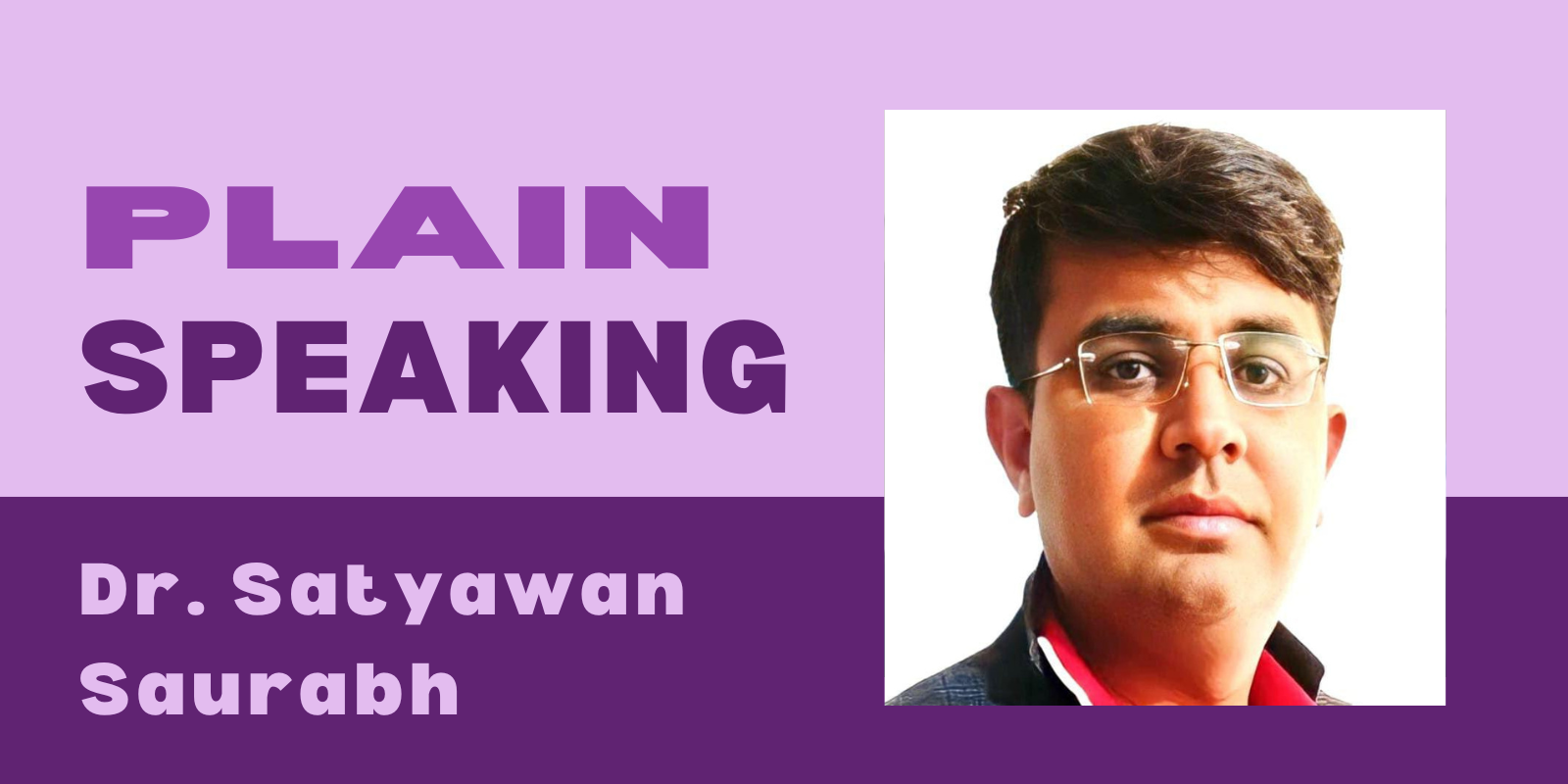Independence achieved 79 years ago was not just a date or an event, but the victory of millions of dreams. Today India is the world’s largest democracy and the fifth-largest economy. But now the question is – can we become the world’s strongest, most respected, and guiding power? For this, economic self-reliance, technological leadership, environmental responsibility, social unity, and ethical global role are essential. India’s civilizational wisdom and youthful energy together can shape the 21st century. Every wave of the tricolor reminds us – progress is a continuous journey, not a halt.
69 years ago, when the clock struck midnight, history took a turn. A new era was born from the womb of darkness. This country, bound in the shackles of slavery, was suddenly bathed in the sunshine of freedom. The tricolour fluttered not only on the ramparts of the Red Fort, but also in the hearts of crores of people. That day was not only the proclamation of political freedom, but also the beginning of the restoration of self-respect, self-reliance, and self-confidence. But today, when India has entered the 69th year of its independence, we have to ask this question: have we preserved that freedom only as a memory, or have we resolved to turn it into the strongest power in the world?
The value of freedom is measured not only in history books but in everyday life. When a farmer sows seeds in his field believing that he will reap the rewards of his hard work, when a student dreams in school that he can scale new heights in science, literature, art, or sports, when a woman fearlessly steps out of her home, only then is the true meaning of freedom realized.
India today is the world’s largest democracy, with a population of over 140 million. This number is not a mere statistic but a living energy. This energy, if channelled and given the right vision, can make us the strongest and most respected nation in the world. We are the fifth-largest economy, and have unparalleled strengths in science, technology, space research, and cultural heritage. Yet, to assume that we have already reached a world-leadership position will be the greatest impediment to our progress.

Education should be our top priority. Going beyond mere literacy, we must create a system of knowledge, skills, and research that enables our youth to compete in any corner of the world. It is essential to encourage a culture of innovation and research in schools and universities.
Second, we have to redefine self-reliance in both agriculture and industry. ‘Atmanirbhar Bharat’ should not be just a slogan but a concrete policy that includes rural development, urban technology, and environmental balance together. Only when our farmers get modern equipment, scientific farming methods, and a guarantee of a fair price in the market can the foundation of the country be strong.

Third, in the defence sector, we must move beyond being an importer of foreign technology to becoming a leader in manufacturing indigenous weapons and systems. This will not only ensure our security, but will also give us recognition as an exporting nation in the defence industry.
Fourth, in the field of energy, we must reduce our dependence on fossil fuels and become leaders in solar, wind, and bioenergy. Leadership in clean energy will not only save our environment but will also give a secure future to the coming generations.
Fifth and most important, we must maintain social unity. Divisions based on religion, language, caste or region can become our biggest weakness. A nation becomes strong only when its citizens live the spirit of unity in diversity, not just in books but in their behavior and decisions.
India has a unique civilisational capital—a spirit of tolerance, compassion and cooperation. If we put these values at the centre of our policies and international relations, we can establish a global leadership that is driven not by force, but by trust and inspiration.
This journey of 79 years teaches us that progress is not a momentary achievement but a continuous effort. The 24 spokes of the Ashoka Chakra remind us that the nation’s progress should never stop. Today’s India is touching Mars and the Moon in science, raising its flag on the world stage in sports, and attracting the world towards itself in art and culture. But to make these successes permanent and widespread, we need a long-term vision and unwavering willpower.
On the 79th Independence Day, we should not limit ourselves to merely paying tribute to the sacrifices of our ancestors, but we must make those sacrifices meaningful through our actions and resolve. We must decide that in the remaining years of the 21st century, India will not only remain a part of the world, but will become the power that will decide the direction of this century.
When we hoist the tricolour, its saffron colour gives us the message of courage – courage not only in the battlefield, but also in making the right decisions, implementing tough reforms, and standing up against injustice. The white colour reminds us of truth and transparency, which are the soul of democracy. The green colour inspires us to move towards sustainable development, and the Ashoka Chakra gives us the message of being constantly dynamic.
It is time for India to take inspiration from its past, accept the challenges of the present, and resolve to shape the future. We must believe that this is not just the development of a nation, but the creation of a new direction for humanity. In this journey of 79 years, we have reached the threshold of world leadership – now we just have to take that step forward. India’s time is now.






